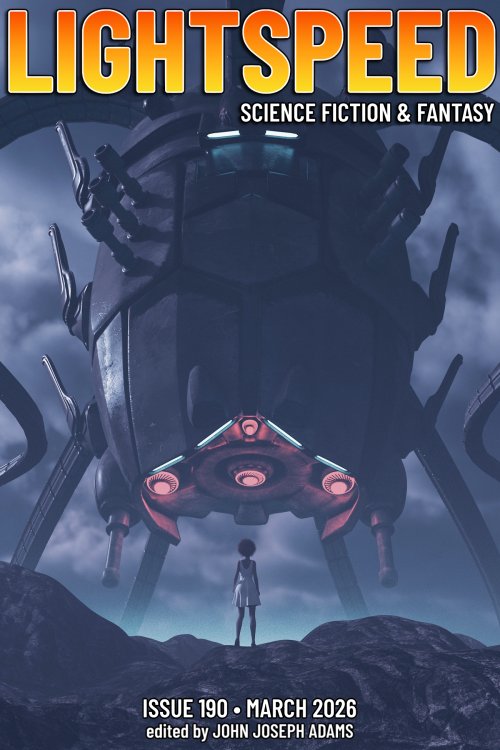Author Spotlight
Author Spotlight: Rahul Kanakia
In our society, we valorize dissent. We’re literally taught in school that if one man refuses to knuckle under, then the entire world can change. That’s also a key element of so many fantasy stories. But it’s just not true. Oftentimes, you lose. The problem is, you don’t know what’s going to happen. You don’t know if you’ll win or lose. You don’t know what courage is. So it’s impossible to know, ahead of time, what’s the right thing to do.









